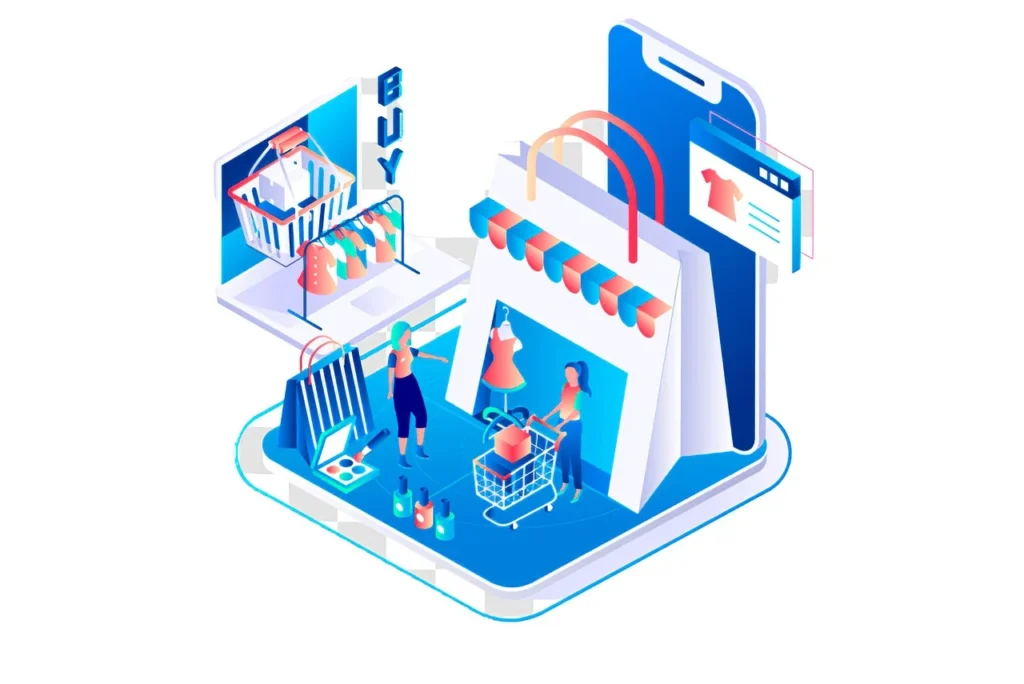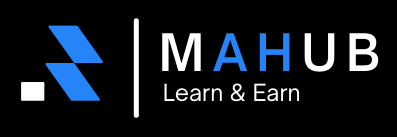How to Become a Freelance Web Designer

The Path to Becoming a Freelance Web Designer In today’s digital world, every business needs an online presence, making web design one of the most sought-after skills.A web designer’s job is less about using code to bring a website to life and more about determining a site’s layout, color palette, font set, and visual themes. A […]

